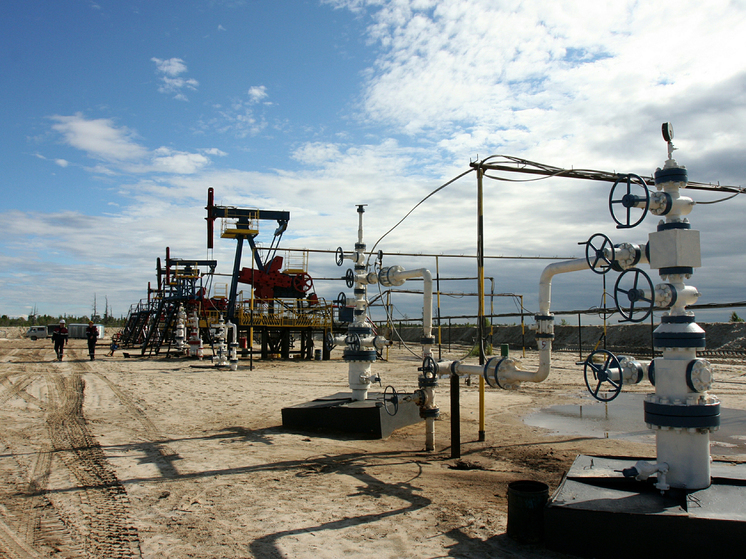Commodity prices go up again
Participants in the OPEC+ deal, including Russia, agreed at a meeting in Vienna to reduce the oil production quota by 1.6 million barrels per day from the beginning of next year. This long-term decision had an immediate market effect: Brent rose above $78 per barrel, that is, to the highs of the last month. As for the potential consequences for Russian exporters, the budget and the exchange rate of the national currency, it is too early to talk about them now: before 2024, a lot of things can still happen. But it seems that the situation will not greatly affect the country's raw material income.

The one-day event in the Austrian capital was held in strict secrecy: the organizers of the OPEC + summit refused accreditation to journalists from Reuters, Bloomberg and WSJ under the pretext that coverage of the negotiations itself generates volatility in the market. The meeting lasted more than six hours and, apparently, the participants agreed with some difficulty on the technical details in the text of the final communiqué. It was about the redistribution of the base level of quotas established in 2022. Including — on their reduction for states that are already unable to raise production in accordance with the agreed parameters. As a result, the total production quota of the countries participating in the deal in 2024 will be 40.46 million barrels per day, for Russia it will decrease to 9.83 million bpd, that is, by 650,000 bpd. At the same time, Saudi Arabia will maintain production at the current level of 10.48 million barrels per day.
Russia will comply with the general agreements, the OPEC+ format is very important for ensuring stability in the international energy markets, Dmitry Peskov, press secretary of the President of the Russian Federation, assured. There is no special subtext in this extremely sparing and diplomatic comment, and here's why.
“The decision taken in Vienna is conceptual in nature,” explains Igor Yushkov, an expert from the Financial University under the Government of the Russian Federation. — The fact is that in a number of countries — members of the alliance, production was already below the quotas established for them. In Russia, due to natural circumstances, production clearly did not reach the levels that it was allowed under the OPEC + deal. The reasons are very different: somewhere there was a depletion of fields, somewhere — a restructuring of logistics, and somewhere projects were stopped, as happened with Sakhalin-1, which only now, after a long break, managed to restore the previous production volumes. The participants in the Vienna meeting simply decided to bring the quotas in line with actual production, to put things in order in this economy. There is no talk of artificially restricting production.”
Today, Russia produces about 9.5 million barrels per day, while in February we announced an additional cut of 500,000 b/d. According to the quota for 2024, our country has been allocated 9.8 million, which means there is room to grow, Yushkov notes. In his opinion, in this whole situation there is only one moment that is truly significant for the market: Riyadh's statement on its voluntary limitation of production from July 1 by 1 million bpd, to 9 million bpd. In this case, Saudi Arabia will produce even less oil than Russia, and world quotes may go up. Obviously, the Saudis are not satisfied with the current level of world prices, which cannot reach even $80 per barrel.
“The OPEC decision will not have a negative impact on the Russian hydrocarbon sector; The cartel's policy is aimed at maintaining market prices above $70, — says Spartak Sobolev, Head of Investment Strategies Research at Alfa-Forex. — Indirectly, this step will support the income of domestic exporters and, it is possible, slow down the growth of the budget deficit in the third quarter. The ruble will also avoid a sharp weakening, as it would happen with a further decline in oil prices below $70 for the main benchmark grades Brent and WTI.
It is still difficult to say how the new quotas will affect Russia's income from commodity exports. But there will be no sharp drop: due to the price discount caused by sanctions, Russian oil in the Asian region is in high demand — and is actually squeezing other suppliers out of the market, private investor Fyodor Sidorov argues. As for the global outlook, according to the expert, since the demand for physical volumes of oil is stagnating (mainly against the backdrop of expectations of a global recession), we should not expect a significant increase in quotations now.


